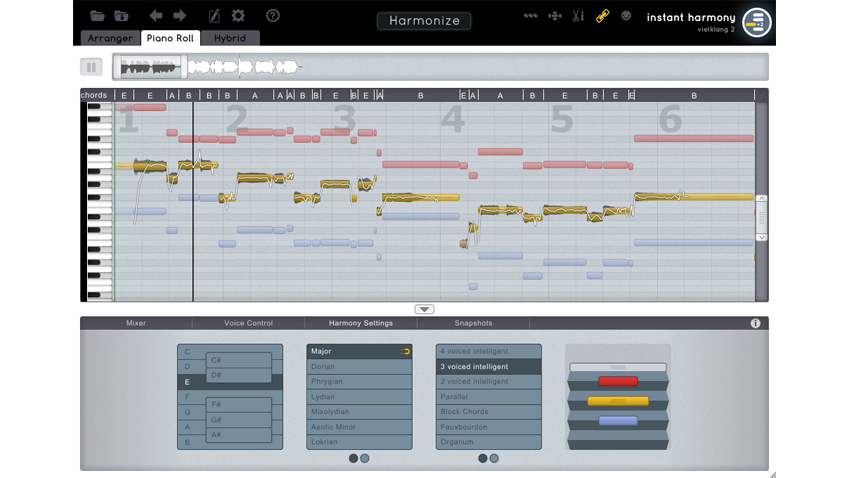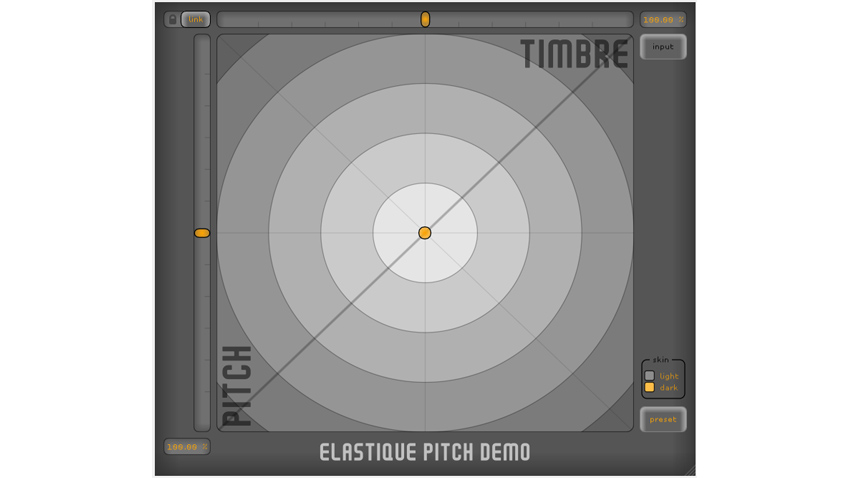Meet the programmers: zplane
Algorithm aces Tim Flohrer and Martin Schwerdtfeger discuss their work

zplane's business model is rather different to that of most plugin developers. The company has its own line of effects, but it's perhaps best-known for licensing its algorithms to third parties.
We spoke to Tim Flohrer and Martin Schwerdtfeger, two of zplane's founders, to find out more.
Can you introduce zplane in a few words and explain what it is you do?
Tim: "Our company offers state-of-the-art audio algorithms for licensing. For example, you can get timestretching, beat and key detection as a Software development Kit (SDK) for all important operating platforms. We have customers around the globe and are represented in a very large number of audio hosts and mobile apps."
How did you get to provide your technology to other brands?
Martin: "That´s simply how we started. Technology licensing was first. At the very beginning, our approach was to simply offer our technology skills for custom developments. Later, it became clear that people were more interested in a ready-to-use product. This way they could test it before they make the final choice of licensing.
"Then we decided to put the algorithms that we had at hand in our own plugins. Nearly the whole team at zplane has a musical background or actively makes music. We always try to incorporate our musical experience and integrate all the different technologies to create a musical tool that is easy to use and delivers excellent audio quality. This, for example, is how vielklang, our instant harmony tool, was born."
Get the MusicRadar Newsletter
Want all the hottest music and gear news, reviews, deals, features and more, direct to your inbox? Sign up here.
zplane started in 2000, but audio technology has moved on a long way since then. How do you work to meet the individual needs of programs and keep up with technological breakthroughs?
Martin: "You are right: we started at a time when the disk capacities for an affordable hard disk were just a few gigabytes and typical main memory was below a gigabyte. To answer the question, we just adapt ourselves. Over time there have been some new requirements but, fortunately, some others drop."
Tim: We have good contact with most of our customers and talk to them on a regular basis. This way, we get a good idea of what may be needed in the future. If it seems feasible, we give it a try and start a project in order to see what is achievable. But only if the results meet our own high standards will the project will become a new product.
"Furthermore, we have close contact to the Technical University of Berlin. Three of us are working as lecturers there. That way, we keep up with the latest research, and as a side effect can pick up talented students for our internal research."
"Nearly the whole team at zplane has a musical background or actively makes music." Martin Schwerdtfeger
It seems you work with almost everyone in the music industry. Does working with these different brands force you to strengthen your development techniques?
Tim: "Definitely. As stated above, working with so many different customers always gives us new ideas. But it is also challenging, since the requirements of customers may be completely different and some of our algorithms may need to be adapted to meet these special requirements.
"Furthermore, the number of supported platforms is increasing. We started with Windows and OSX, but now there are the different mobile platforms and CPUs that need to be supported and also perform well. Fortunately, over the years we've built up a system that keeps our development work platform independent for the most part."
Does each product benefit from an infinite development schedule, then?
Martin: "Maybe not right from the start but, in the end, yes. There is a saying that you should never change a running system, and this is also true for software. Adding functionality or implementing adaptations always brings the risk of adding bugs as well. But by close collaboration with our licensing partners we get most bugs ironed out and special requirements implemented quite fast. That´s something we are very proud of: our support. We have very fast response times and, through the direct interaction with the developers, the integration process works very directly and quickly."
Do you work closely with artists or studios to promote your products?
Martin: "No, not really, but but this is something we would like to do more. I mean, from time to time we get requests and do some artist sponsoring. But with respect to selling the product, our current marketing has room for improvement. We are a small company and the main business is technology licensing. This does not mean that we neglect our end consumer products, but we only have finite resources that we have to distribute among all tasks."
Are you working on a new addition to your plugins line?
Martin: "Yes, we are. We are currently working on an addition to the PPMulator product line. Until now we have just offered loudness metering. This new tool will be able to normalise audio to a specified reference value. It's at the early alpha stage. When it all works well, it will be released at the beginning of next year."
Tim: And we have just started the development of a new version of Élastique Pitch. It will get a new look, new features and will work with the latest Élastique engine.

You have three plugins in your line: Vielklang, Élastique Pitch and PPMulator. Have you ever worked on 'regular' effects such as compressors, delays and reverbs?
Martin: "We are planning to expand our bundle of plugins in the future. We have algorithms that perform all the effects that you mention, so there might come such a plugin.
"But, looking at the market, there are already many plugins available with these functionalities. So, we are looking for something that would set our version apart either in quality or functionality. Just making the same as everybody else is not our interest."
Tim: "From a technical standpoint, I don't see much sense in building the 1000th compressor or reverb, except if it offers a new and innovative concept of usage. So, I guess we'll focus on new technologies and potentially integrate these into our own plugin line. That said, we're also interested in new ways of interaction, so a new plugin may not only be technology driven."
MusicRadar is the internet's most popular website for music-makers of all kinds, be they guitarists, drummers, keyboard players, DJs or producers.
GEAR: We help musicians find the best gear with top-ranking gear round-ups and high-quality, authoritative reviews by a wide team of highly experienced experts.
TIPS: We also provide tuition, from bite-sized tips to advanced work-outs and guidance from recognised musicians and stars.
STARS: We talk to artists and musicians about their creative processes, digging deep into the nuts and bolts of their gear and technique. We give fans an insight into the actual craft of music-making that no other music website can.










